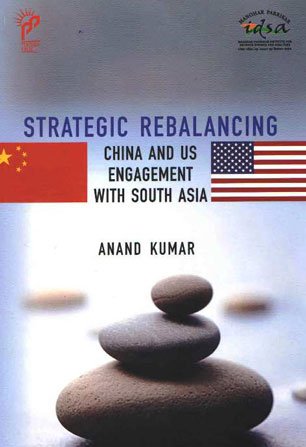Interrogating the Spirit of 1971: Beyond Historicisms
The tale of Bangladesh’s liberation war of 1971 cannot be told without the ‘before’ and a bit of the ‘after’ of that year, as it would then turn into a futile exercise in historicism,2 merely, ‘capturing’ that instant of extensive explosion which ascended like the phoenix, while ignoring the intensive seedbed of creative ‘becoming’ from which it arose.
The Road to Victory Day 1971: An Insider’s Account
‘Isn’t it wonderful to be witness to the birth of your country?’ These words were shouted out to my mother and myself by David Vanzant, an international aid worker, just outside the ‘neutral zone’ that was set up in the Hotel Intercontinental in Shahbagh, Dhaka. Crowds were milling around him, and truck-loads of Indian soldiers who had fought their way into Dhaka, alongside troops of Mukti Bahinis (Bangladeshi freedom fighters), shouting ‘Joy Bangla’ at the top of their voices in sheer ecstasy!
My Days at the Swadhin Bangla Betar Kendro: The Radio Broadcasting Centre During Bangladesh Liberation War in 1971
The War of Liberation 1971, or the (Muktijuddho), or just Ekkator er Juddho as it is popularly known in Bangladesh, was a People’s War in which all Bengalis participated, sans a few thousands of the country’s seven and a half crores. This was a peoples’ struggle against the undemocratic Government of Pakistan and its oppressive Army. It was a war where ordinary people from all strata of life ? who knew nothing about waging a war ? took up arms against a trained and fully armed Pakistan Army, while many others ? men and women ? contributed in various other ways.
Jinnah: His Successes, Failures and Role in History
More than seven decades after Pakistan’s creation, Mohammad Ali Jinnah continues to captivate both his critics and admirers. While the former excoriate him for exploiting religion to achieve his goal, the latter hail him as the Qaid-e-Azam (Great Leader) who single-handedly secured a homeland for the Muslims of British India.
Humanitarianism, National Security, and the Rohingya Refugee Policy of Bangladesh
How do humanitarian norms and national security concerns shape a host state refugee policy? This article addresses this question in the context of Bangladesh, the largest host state in the world for Rohingya refugees. It argues that although the norms of humanitarian protection can explain why a host state would open its border to forced migrants and allow relief agencies access to the refugee camps, humanitarianism alone cannot explain the full gamut of a state’s refugee policy.
South Asian Regionalism: The Limits of Cooperation
Regionalism in South Asia continues to evoke intense academic interest among scholars. SAARC, an organization that was conceptualized in the early eighties, evinced both hope and despair. A hope to overcome the factitious past and move onto the path of prosperity, and the despair that was embodied in its inability to achieve its potential. The fight against poverty and the path to prosperity has mostly been an individualistic journey among countries.
The United States and Bangladesh
The policies, actions and postures of the United States Administration towards Bangladesh from March 1971 to December 1971 form the subject matter of this article.
The Bangladesh Question and World Politics
The gruesome events in East Bengal since March 25, 1971 and their repercussions on India easily constitute the most appalling experience of the society of nations since the end of the Second World War; and the refugee problem is the largest and the worst during the present century. It has few parallels in history. This is all the more shocking because of the context and background in which it happened.
Pakistan: The Balochistan Conundrum
It is not often that Pakistan is talked of in terms of the diversities it embodies. It is, perhaps, its descent into extremism and violence that has overshadowed every other characteristic of the country. Tilak Devasher peeks into this rather less traversed dimension and provides an analysis on the festering insurgency in Balochistan. The book provides a lucid account of Balochistan’s history, geography, and demography.
Gambling with Violence: State Outsourcing of War in Pakistan and India
Yelena Biberman offers a new framework for understanding why and how states ‘outsource’ war to local non-state actors despite the risks of forfeiting the state’s monopoly over violence. Specifically, she explores state and non-state alliances in counter-insurgencies in India and Pakistan. Taking a qualitative approach, Biberman argues that ‘state-nonstate alliances are balance-of-interests bargains’ wherein the ‘state seeking to shift the local balance of power in its favor may enlist activists if it can cultivate social or ideological ties with them’
















